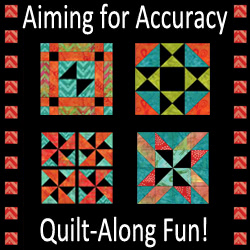Six hundred and sixty thousand people called Queensland home by 1914 and they were affected as the other industrialised nations were by the First World War.
57,705 Queenslanders were enlisted to fight the hun. Many did not come back. The 9th Battalion alone suffered more than 3,500 killed and wounded.
After the war Brisbane's focus lay on consolidation and growth and the City of Brisbane Act 1924 was passed, amalgamating what were then towns (now suburbs) with the city centre to form the City of Brisbane, governing 1,220 square kilometres.
The great depression hit Australia as hard as it did the rest of the world but Brisbane still found the means to build, build, build. The Wynnum Wading Pool and William Jolly Bridge were constructed to help provide work for the lower class. Many lived in tents.
In 1929 the Regent Street theatre was opened (it was only recently closed).
The following year Brisbane City Hall was opened. The Story Bridge was begun in 1935; it was opened in 1940.
And then 325,000 people in Brisbane listened to another broadcast of war.
Subscribe to:
Post Comments (Atom)















I think this is one of the most important information for me.
ReplyDeleteAnd i'm glad reading your article. But wanna remark on some general things, The site style is great, the articles is really nice : D. Good job, cheers
My webpage :: chronic rhomboid pain